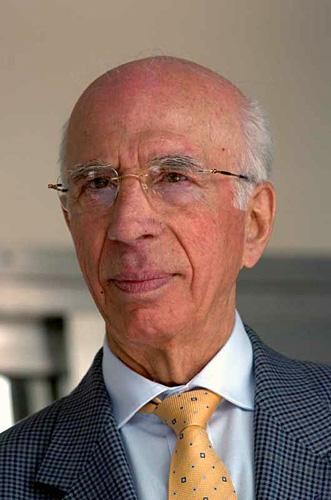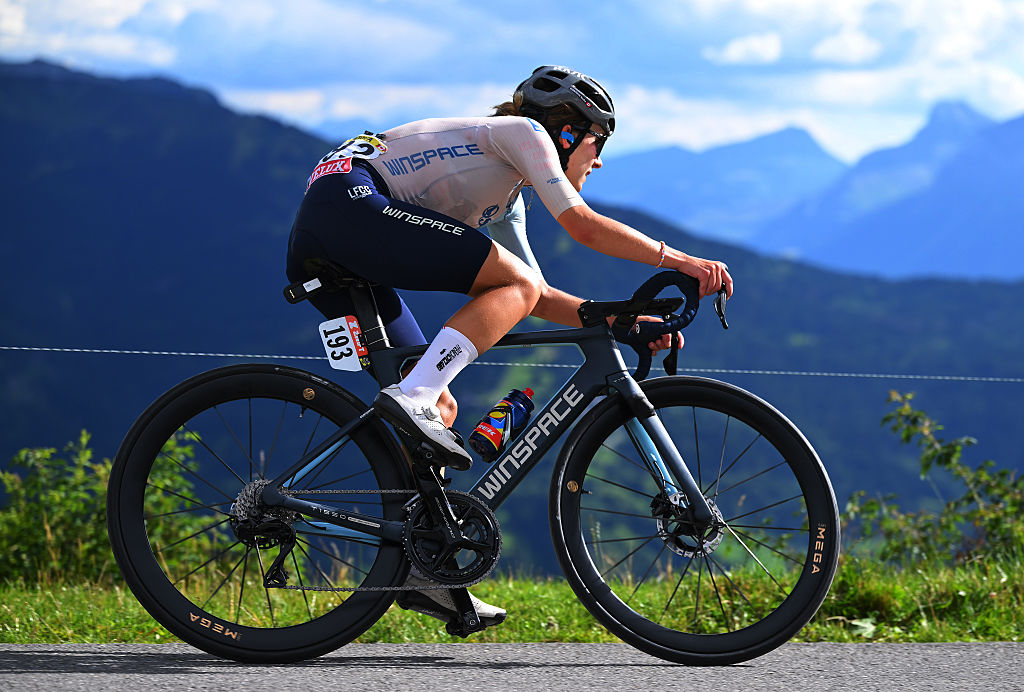Pino Cerami: A Belgian-Italian celebrates the Giro
Pino Cerami is perhaps the best known Belgian-adopted Italian cyclist, moving to Belgium as a...

Pino Cerami is perhaps the best known Belgian-adopted Italian cyclist, moving to Belgium as a youngster and achieving success late in his career, with victories in Paris-Roubaix and Flèche Wallonne aged 38. He even has a race named after him: The GP Pino Cerami, which was ridden on April 6 this year. Now 84, Cerami was interviewed by Walter Wauters for sportwereld.be as the Giro d'Italia passed by his home in Wallonia.
Cerami's parents fled the poverty of Sicily for the Walloon steel industry. His father died when he was 21, putting the pressure on him to support his five member family. "I went to work in the steelworks, just like my father," he related. "I had been trained as a car mechanic. But in a garage I would have had to do an apprenticeship first, and that paid less. In the steelworks I could earn more. I had to do that, because I was the sole breadwinner of a family with four children."
Pino was a good cyclist too, and turned professional in 1947, aged 26. But he still kept his job in the steelworks. "It was the only way we could get through the winter," he said. "I worked from November to February. Sometimes I was able to ride the Brussels six-day and than I didn't have to go back to the steelworks. I got 20,000 Belgian francs for riding the six. That was a lot less than the real trackies got, and I had to pay my expenses and soigneur from it, but it was still serious money. For comparison: in the steelworks I earned 5100 francs a month. And my prize money for the Flèche Wallonne in 1960 came to 6000 francs."
Cerami had to wait until he was 38 before he won a really big race, and in 1960 he managed to win both Paris-Roubaix and Flèche Wallonne. Why did it take so long? "Don't forget that I didn't turn pro until my 26th birthday. And most of all: I rode for the money. I had to support a family. If you won, you got your prize money from the federation. But you might have to wait one or two months for it. Abroad, it could be six months. For us that meant not eating. But if you gave someone a push or led the sprint out for them, then you'd get 500 or 1000 francs in your hand straight away. If my father had lived, I wouldn't have needed to do that. Then I'd have won races earlier in my career."
When he was 41, he even won a stage of the Tour de France, but that year (1963) was his last year as a pro. "I was still able to get three good wins that year. I was fit. I had had a bad time all through the winter. I stayed in Belgium to train and the weather was horrible that year. So I only got into shape late on. I was still second in Liege-Bastogne-Liege and sixth in the Flèche Wallonne. With a bit of luck I'd have won that as well. The hard winter had actually made me decide to retire. Training in the shitty weather, lonely stuff, because I was riding with blokes who were young enough to have been my son."
The Giro passed almost by his doorstep yesterday. "Mostly I will just be happy when it's all over. At 2 pm there's a ceremony in my honour here in the village. But at 2.45 I have to be with RTBF commentator Rodrigo Beenkens at the finish. The mayor has provided a car with a chauffeur but it still looks impossible to me. And I already had to be in two places at once yesterday. But sure, I'm delighted that the Giro is coming here, but it does stress me out a bit now and then."
Translation courtesy of Roger Hughes
The latest race content, interviews, features, reviews and expert buying guides, direct to your inbox!
